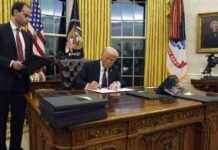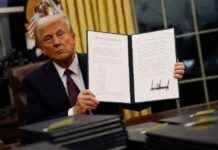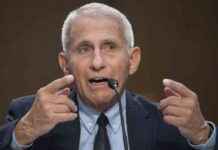WHO’s Response to Crucial First Opinion: A Global Health Perspective
In a recent First Opinion piece on STAT, Ashish Jha called for reform of the World Health Organization (WHO) rather than the United States leaving it. This response by Maria Van Kerkhove, Ph.D., the interim director of the Department of Epidemic and Pandemic Threat Management at WHO, addresses the inaccuracies and misrepresentations in Jha’s argument.
Challenging Misconceptions
Jha’s assertion that WHO “mismanaged” Covid-19 is refuted by Van Kerkhove, who highlights the evolving nature of evidence during a pandemic. She emphasizes that WHO’s communication and guidance were based on available evidence and updated as new information emerged. Van Kerkhove also points out Jha’s failure to provide examples of WHO’s alleged criticisms of the U.S. or lack of criticism towards China.
Emphasizing Member State Influence
Van Kerkhove clarifies that WHO’s actions and priorities are shaped by its 194 member states, including the U.S. She underscores the role of member states in approving WHO’s strategy, budget, and program of work. Additionally, she notes the increased focus on country-level support under Director-General Tedros Adhanom Ghebreyesus.
Accountability and Evaluation
Addressing Jha’s suggestion for an investigator general, Van Kerkhove explains that WHO undergoes regular evaluations by independent bodies and panels. She emphasizes the accountability of sovereign governments to their people rather than U.N. agencies. Van Kerkhove also highlights ongoing efforts by member states to hold each other accountable through international agreements and regulations.
In conclusion, Van Kerkhove reaffirms WHO’s commitment to serving the global population in the face of health challenges. She stresses the importance of collaboration and collective action in addressing public health threats that transcend borders, highlighting the essential role of organizations like WHO in safeguarding global health.

















